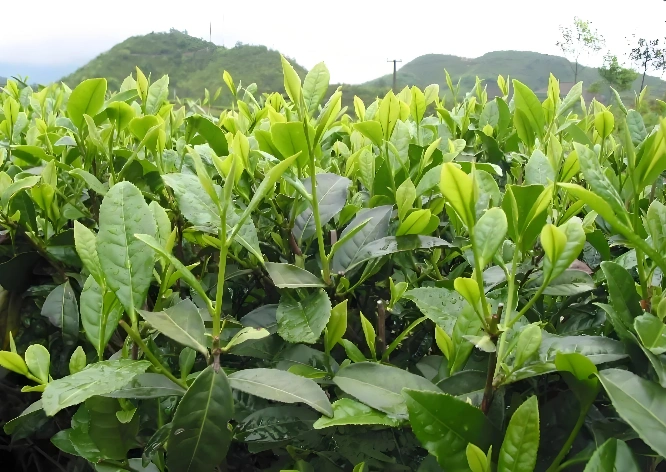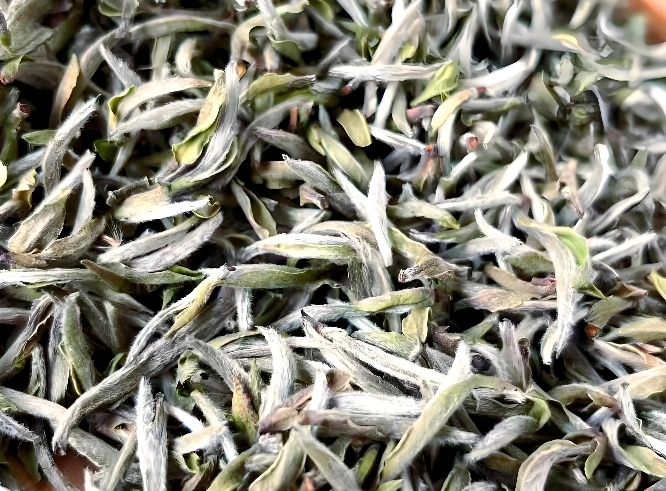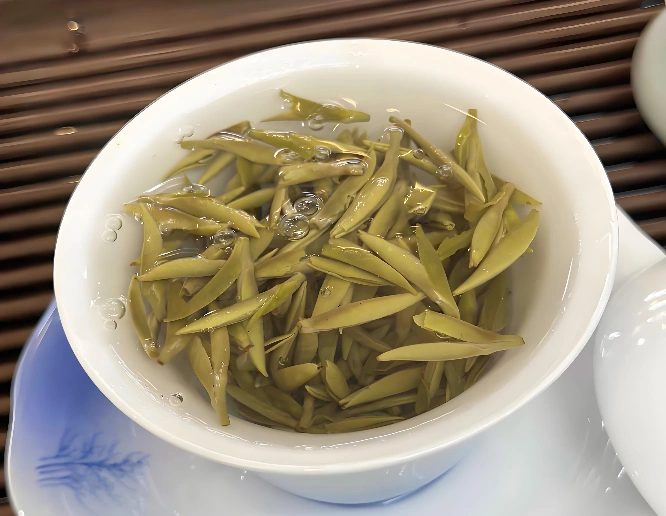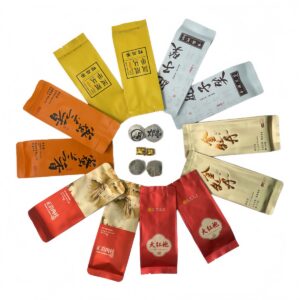White tea anti-aging properties have captured the beauty world’s imagination—and for good reason. This delicate leaf, plucked before full oxidation, brims with potent antioxidants and nurturing compounds that work deep within your skin and body to combat the visible signs of aging.
Imagine sipping a warm, golden infusion that not only soothes your senses but also delivers a flood of rejuvenating benefits, leaving you feeling refreshed, radiant, and vibrantly alive.
What Is White Tea?
White tea, the purest form of Camellia sinensis, is harvested in the early spring when buds and tender leaves are still cloaked in silvery down. Grown primarily in Fujian Province, China, its minimal processing—just withering and gentle drying—preserves the delicate flavors and vital nutrients that give white tea its signature sweetness and light, floral aroma.

Key Anti-Aging Compounds in White Tea
1. Epigallocatechin-3-gallate (EGCG)
This superstar catechin delivers unrivaled antioxidant power. EGCG neutralizes free radicals—unstable molecules that damage skin cells and accelerate aging—helping to keep your complexion firm and luminous.
2. Other Catechins & Polyphenols
Beyond EGCG, white tea boasts a spectrum of catechins (ECG, EGC, EC) and polyphenols. Together, they form a synergistic shield against oxidative stress, reducing inflammation and protecting collagen integrity.
3. Vitamins & Minerals
Rich in vitamins C and E, manganese, and zinc, white tea promotes skin repair, supports immune function, and contributes to overall cellular health—key factors in maintaining a youthful glow.
How White Tea Fights Aging
1. Antioxidant Action
White tea anti-aging properties stem largely from its antioxidant arsenal. By scavenging free radicals, these compounds prevent lipid peroxidation in cell membranes, preserving elasticity and reducing fine lines.
2. Anti-Inflammatory Effects
Chronic inflammation accelerates aging. White tea’s polyphenols inhibit pro-inflammatory enzymes, soothing irritated skin and calming redness, giving you a more even, luminous tone.
3. Enzyme Inhibition (Collagenase, Elastase)
As we age, collagenase and elastase enzymes break down collagen and elastin, leading to sagging skin. White tea’s catechins hinder these enzymes, helping to maintain your skin’s structural support and youthful bounce.
Skin-Specific Benefits
1. Reducing Fine Lines & Wrinkles
Regular use of white tea—whether ingested or applied topically—can visibly soften fine lines and diminish wrinkles, thanks to its collagen-preserving action and skin-plumping hydration.
2. Boosting Elasticity & Firmness
By protecting elastin fibers and promoting microcirculation, white tea anti-aging properties help restore skin’s springiness and firmness, so your complexion feels taut and rejuvenated.
3. Protecting Against UV & Environmental Damage
Though not a sunscreen substitute, white tea’s antioxidants provide an added layer of defense against UV-induced oxidative stress and pollution, reducing the formation of dark spots and premature aging markers.

Internal Health Benefits
1. Cardiovascular Support
Antioxidants in white tea support healthy blood vessels, improving circulation and nurturing a radiant complexion from within.
2. Metabolism & Weight Management
EGCG has been shown to boost metabolism and fat oxidation—an indirect yet powerful way to support a lean, youthful silhouette.
3. Neuroprotection & Cognitive Health
Emerging research suggests white tea polyphenols may guard against cognitive decline, helping you maintain mental clarity and vitality as you age.
Optimal Preparation for Maximum Benefits
1. Water Temperature & Steeping Time
Use water heated to 75–85 °C (167–185 °F) and steep for 3–5 minutes. Overheating or oversteeping can diminish delicate antioxidants and impart bitterness.
2. Serving Size & Frequency
Aim for 2–3 cups per day to harness white tea anti-aging properties fully. Consistency is key—make it a soothing daily ritual.

🔗 To learn more about how to make tea, check out Tanbiwencha’s YouTube video explaining how to make tea.
Incorporating White Tea into Your Routine
1. Daily Drinking Habits
Begin each morning with a comforting cup. Savor the light, honeyed notes as you breathe in a moment of calm before the day unfolds.
2. Skincare Formulations (Topical Use)
Look for serums or masks enriched with white tea extract. When massaged into skin, these products deliver antioxidants directly where they’re needed most.
3. Recipe Ideas (Smoothies, Infusions)
Blend cooled white tea with fresh berries and a dash of honey for an antioxidant-packed smoothie, or steep white tea with citrus slices and mint for a refreshing iced infusion.
Frequently Asked Questions
Q: How does white tea differ from green and black tea?
A: White tea is the least processed—only withered and dried—so it retains higher levels of catechins and a gentler flavor profile.
Q: Who should consider using white tea?
A: Anyone seeking natural, sensory-rich ways to support youthful skin and holistic wellness, from busy professionals to skin-care enthusiasts.
Q: Are there any side effects?
A: Generally safe for most people. Those sensitive to caffeine should moderate intake. Always consult a healthcare provider if pregnant or nursing.
Conclusion
When you embrace white tea anti-aging properties, you’re not just choosing a beverage—you’re indulging in a time-honored elixir that nourishes your body, calms your mind, and rejuvenates your skin. Infuse your daily ritual with this exquisite tea, and let its gentle, transformative power unveil your most radiant self.



